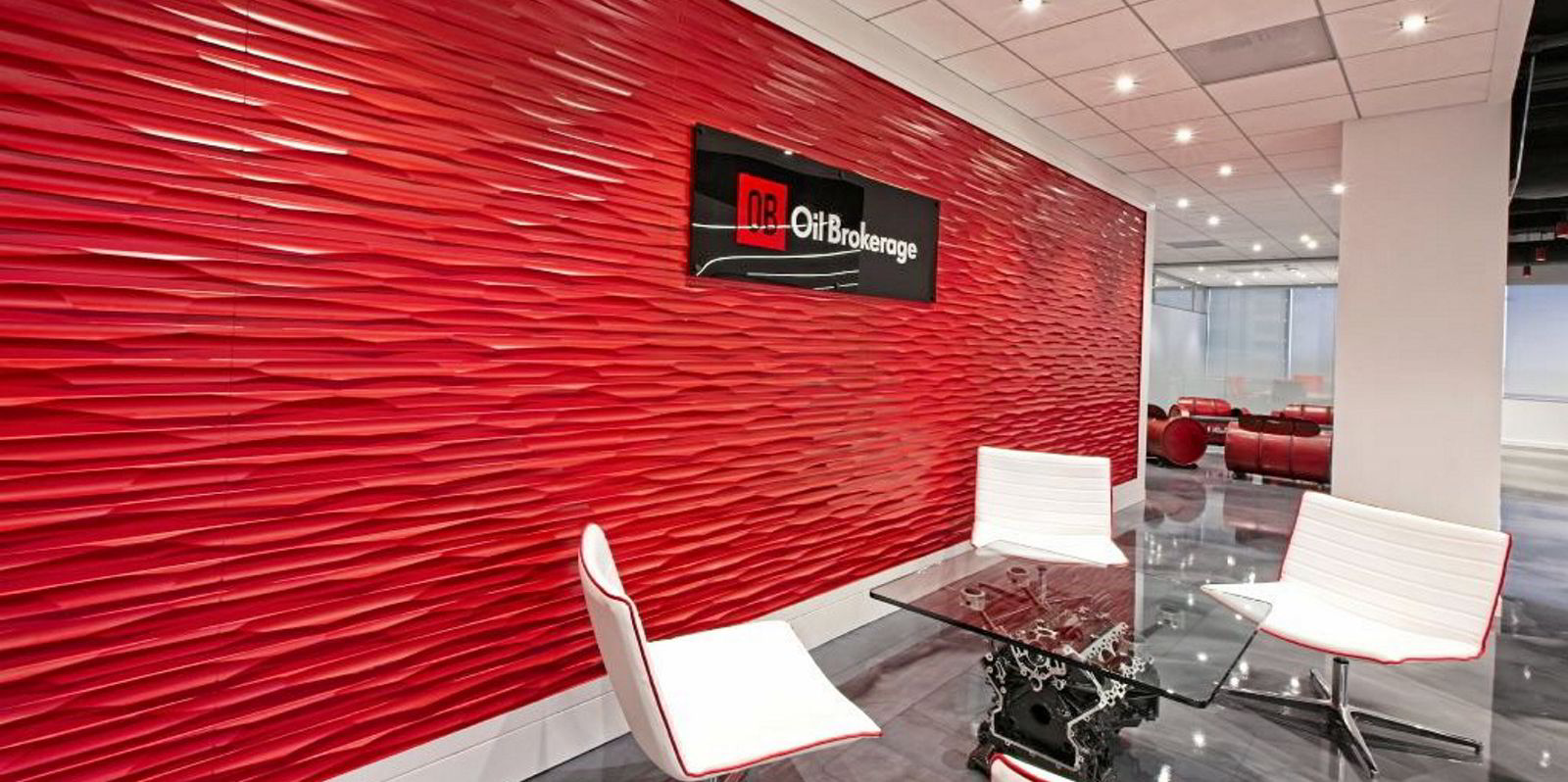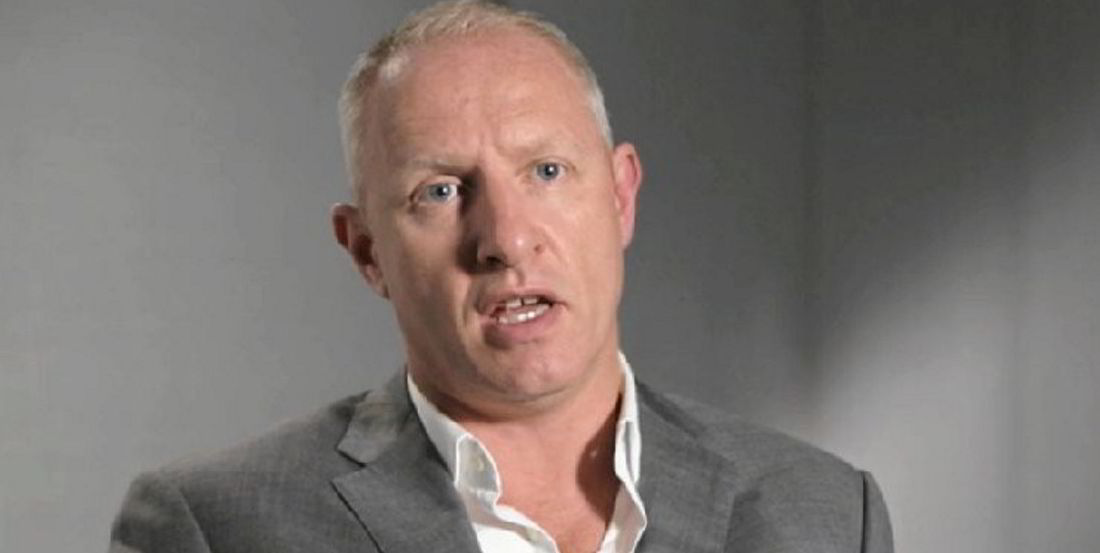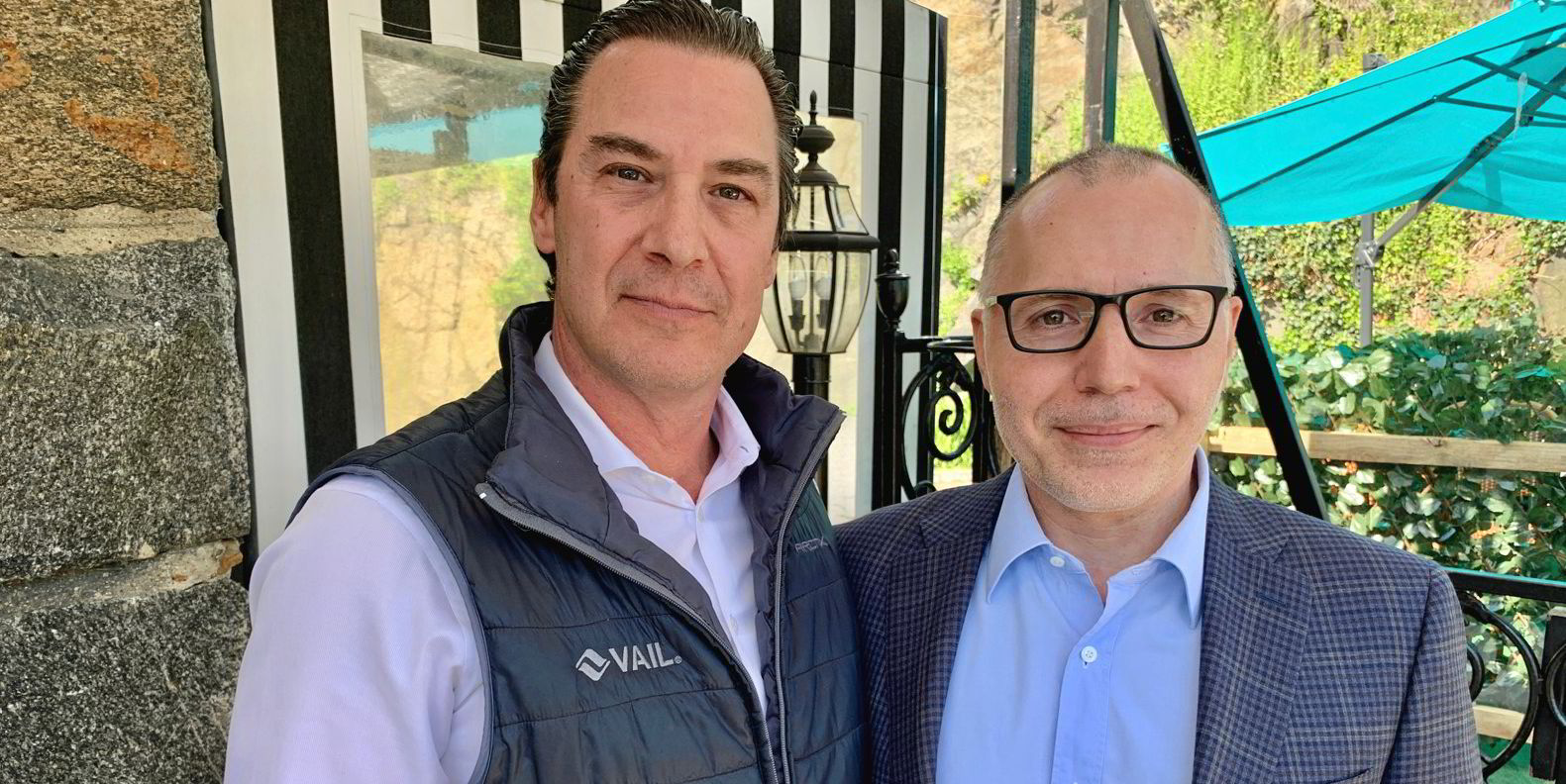Oil Brokerage chief executive James McNicol has been a busy man lately.
That is what is required when you are trying to build a serious shipbroking business from scratch.
“If you want people to come and broker ships for a company that hasn’t historically brokered ships, or isn’t a heritage player, you do have to make an amount of effort to explain what’s behind the projects, who we are as a company and how it fits with the rest of the business,” McNicol told TradeWinds on Friday in an interview from Oil Brokerage’s London headquarters.
“I’ve been at home for dinner, apart from weekends, about four nights out of the last 100.”
Oil Brokerage’s recruiting efforts have been described as “very aggressive” by tanker market sources. They have begun to bear fruit, but the firm has been suspected even in moves that it is not making.
To that end, McNicol told TradeWinds he has not poached the leadership team of Christos Papanicolaou and Christos Alexandrou from tanker brokerage Charles R Weber in Connecticut.
TradeWinds on Tuesday had reported the surprise defections, noting that some tanker market sources pointed to Oil Brokerage as their destination. But with Oil Brokerage’s denial, speculation has turned to UK-based brokerage Simpson Spence Young (SSY).
Phone calls to SSY’s Connecticut office were not answered on Friday.
McNicol was issuing no denials, however, over a TradeWinds report that Oil Brokerage had hired away a handful of brokers from London brokerage Gibsons and at least one from Braemar.
TradeWinds has previously reported David Pinder and Henry Lee as among the Gibsons departed. It is now understood that Ben Crowder, Simon Allen-Clarke and Tom Bassett have moved as well.
Braemar’s Jon Grunsell is also said to be joining Oil Brokerage, with one source naming him as a new desk head for the company.
McNicol would not get into details of the hires to date or others possibly in the pipeline. He likewise declined to venture into how many brokers Oil Brokerage may be targeting overall and where they would be deployed.

McNicol is a former Trafigura trader who began his career as a chemist with BP in 1990.
He noted that Oil Brokerage now has close to 150 brokers in a business that started in 1989 with physical oil trades, then expanded into paper derivates and freight forward agreements.
“We’re fairly good at each of those pieces. The one part of the jigsaw we don’t have is physical shipbroking. You look at how you can complement the business you’ve got, and that’s the next piece,” he said.
“I’m not going to be disruptive. We’re not promising we’re going to do something different from what’s been done before.
“But if you’re a really good shipbroker and you want to work on a team that’s very good with the oil trade — and especially if you want to be paid very well in a transparent manner — we’re offering people a chance to join something.”

McNicol admits he may have ruffled feathers among established brokerages with his efforts.
“People I know in shipbroking have had an irrational reaction to what we’re doing: ‘You should stick to oil broking’. We’re not going to try to build Clarksons overnight. That’s not our agenda at all.
“We’ve got a really good oil broking business and we’re going to put a really good shipbroking business beside it.
“This is the start of a journey.”





